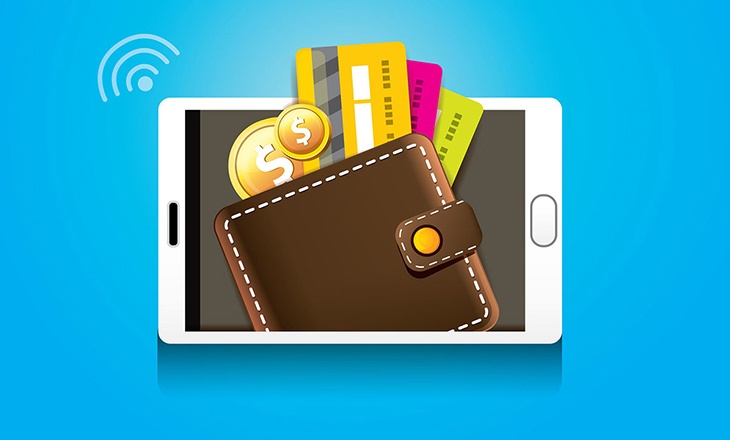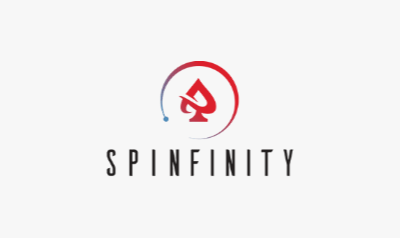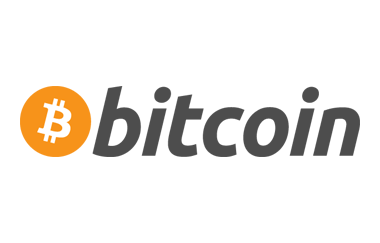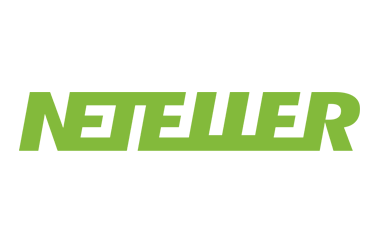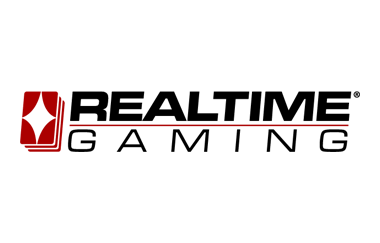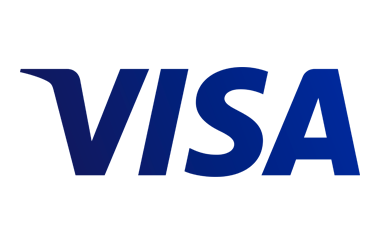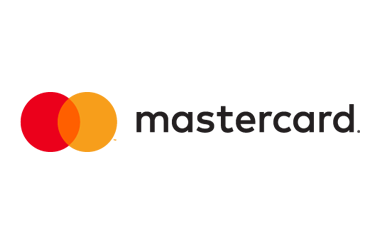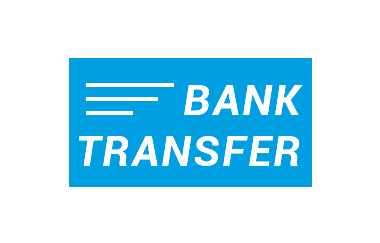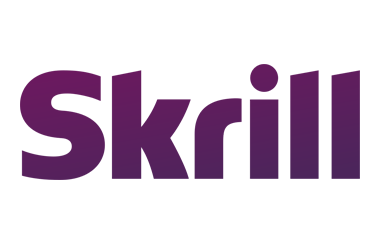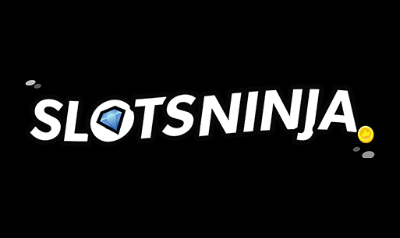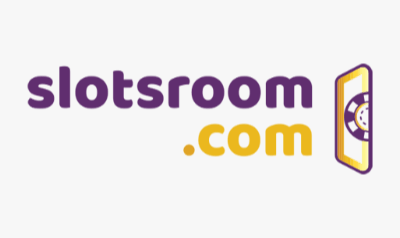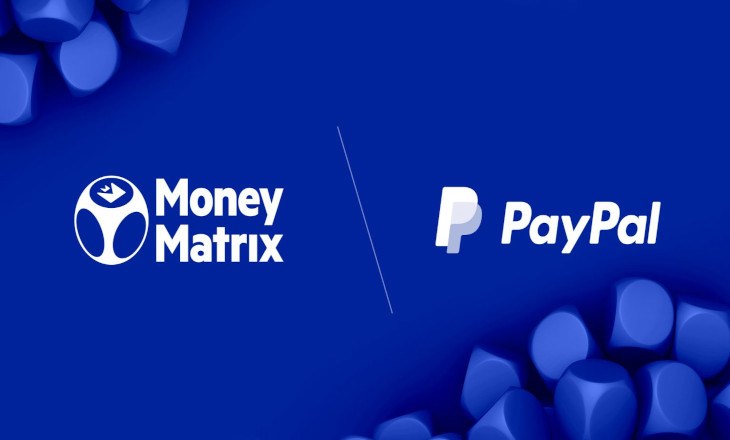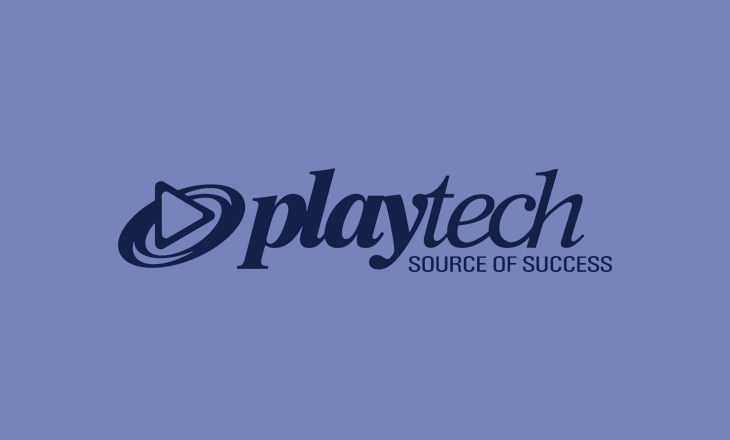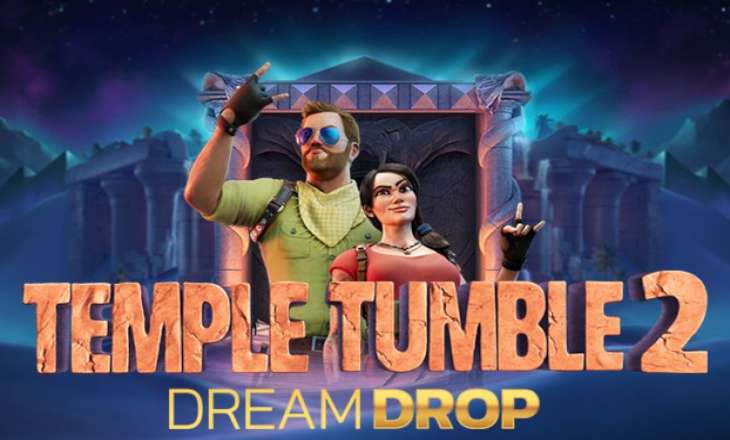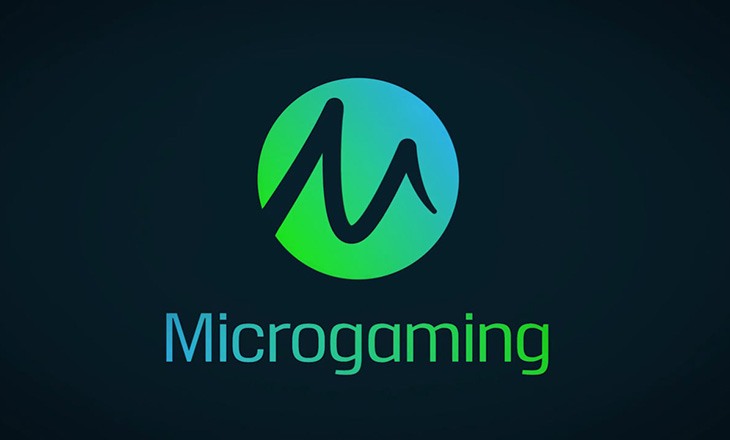eWallets, often referred to as digital or mobile wallets, have transformed the way we pay for services online. Yet this transformation may be short lived. The advent of cryptocurrency and blockchain technology has the potential to revolutionize entire global marketplaces and levers of commerce. In this article we will be examining eWallets as they exist today, exploring the possibility that blockchain could replace these trusted financial products.
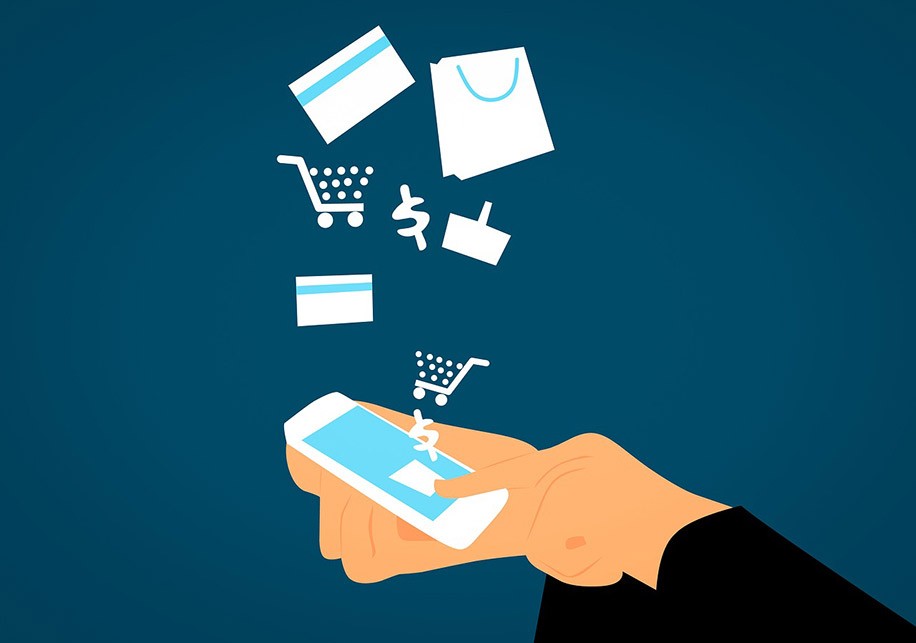
What are eWallets?
eWallets offer a secure virtual ‘safe’ which can contain everything from currencies, passwords, billing addresses to photo IDs. Once funded by the consumer, eWallets can be used to buy goods and services online. These services often require a full ‘know-your-customer’ background check (KYC) before offering complete 1-click purchase functionality, in order to prevent online fraud.
Top-up methods vary, from credit/debit card deposits to linking your existing bank account. Unlike generic online card wallets, eWallets provide greater monetary and identity functionality.
Examples of e/mobile wallets include:
- PayPal (currency conversion/funds withdrawal/address verification)
- Amazon Pay (passwords/billing addresses - your verified amazon details)
- Google Pay (app - cards/address only)
- Apple Pay (card and messaging payment transfers - US only)
- Neteller (e-money transfer services)
- Skrill (online money management services)
Security and Potential Risks
All information contained within these digital wallets is fully encrypted. Photo IDs and proof of address are also stored within the users vault if KYC has been completed. However, as a result of all this feature rich personal financial content/information being stored in one place, these accounts are high-profile targets for fraud. To mitigate this threat two-factor authentication is often used to boost security measures. Whilst this helps prevent potential fraud, it is possible to circumvent through certain phishing attempts.
Technology and security researchers are questioning whether password-based logins themselves offer substandard and compromised security measures in protecting such valuable wallets.
‘Many experts say that a password-based login is an insecure approach to online interactions and that multi-factor schemes’ IBM research
With even basic password security now being questioned, what does this mean for eWallets?

Centralized Points of Failure
The weakness of all mainstream digital wallets (and services) lies in its data-storage architecture - databases. Centralized databases (which contain sensitive consumer information - encrypted wallet/address/ID/passwords) have proven to be targeted points of failure. Whilst the likes of Amazon/Google Pay haven’t experienced high-profile hacks, international monoliths such as British Airways have. Over 380,000 customers had their personal and financial information stolen in 2018.
Centralized server vulnerability is just the tip of the iceberg. Sony Playstation, eBay, Marriott, Equifax and more. All the ‘victim’ of industrial/state-level hacks and consumer identity theft. Companies such as Sony and eBay feature their own proprietary ‘eWallets’, which contains sensitive consumer payment and address information. So if centralized eWallets are such a potential fraud risk, what is the alternative?
Decentralized Solutions
Cryptocurrency and blockchain technology potentially offers a viable solution to centralized security concerns. The difference in philosophy and approach can be summed up as who gets to own and store your data. Current mainstream services, such as Amazon Pay, have ‘custody’ over your data - storing and protecting it for you. As a result of this storage they receive incredibly valuable insights into consumer spending habits and are able to micro-target potential customers with advertising campaigns.
Decentralized eWallet and identity services take the opposite approach. Your identity, payment details and data are owned (and distributed) by you. Only you have access (through private keys) to this information, protected through cryptographic encryption. As a result, all of this data is ‘spread out’ (decentralized) with no single point of failure.
The rise in popularity for consumers owning cryptocurrencies has seen the stratospheric success of companies such as Coinbase and Coinpayments providing various digital cryptocurrency wallets. CoinPayments, for example, offers supported integrated wallet and payment gateways for thousands of different cryptocurrencies (as well as shopping cart plugins and fiat settlements.) As such it is now possible for the everyday cryptocurrency user to spend their digital currencies with over 2.4 million online vendors in 182 countries.
Whilst eWallet’s crypto-counterparts may be gaining traction with consumer spending, there are (currently) drawbacks.
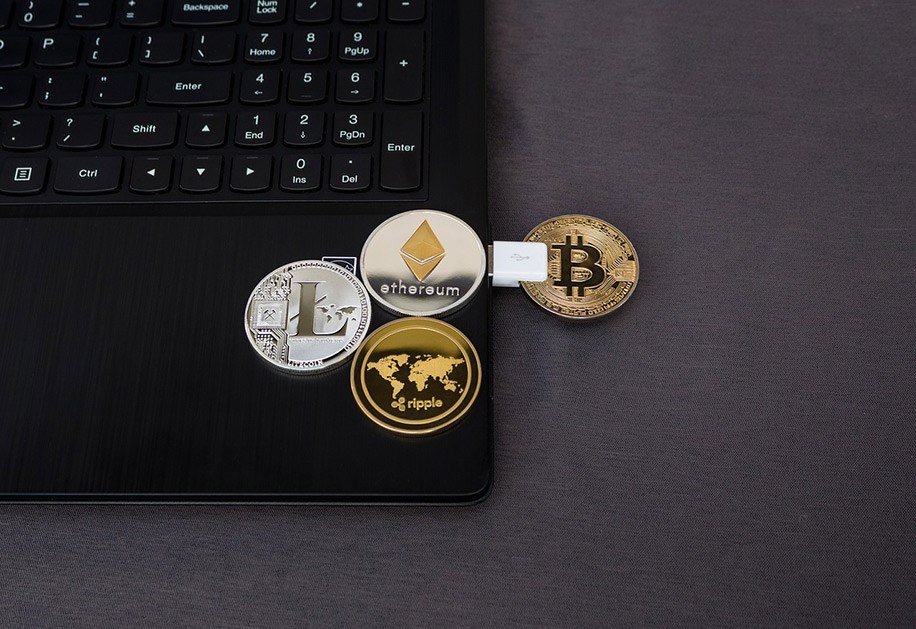
Missing Features
Automatic identity and address verification - such as KYC - are an unarguable advantage of centralized eWallet’s. The current offering of decentralized wallets does not contain this level of information. However, this seems to be a temporary drawback.
Project developments are underway to provide blockchain-based identity services. Microsoft are working on project ION - a decentralized encrypted identity service (similar to Facebook verification for Airbnb). Mission Billion Challenge - an organisation working on providing distributed access to the billion people of the world without verified government ID. Everynym - an accelerator in partnership with IBM to launch ‘self-sovereign identity (SSI).
Passwordless Single Sign-On, the Future?
IBM certainly seem to think that current use of passwords, along with central data failure points, will soon be a thing of the past.
“This know your customer (KYC) proof-of-concept illustrates how self-sovereign identity and distributed ledger technology can be used to strengthen digital trust and privacy,” “It shows how employment credentials, when owned and controlled by an individual, can reduce the time and friction it takes for them to open a new account at a financial institution.” source
What would a blockchain e/digital wallet look like?
Similar in functionality to centralized product offerings currently on market but with key differences - data cryptographically encrypted and decentrally accessed via private key. This would allow for one wallet and blockchain identity verification service to facilitate all online transactions - providing unparalleled interoperability; and could contain every relevant piece of identity data needed.
Advantages include:
- Fiat/digital currency conversions
- Cross-border payments
- Lower processing fees
- Universal compatibility
- Security/protection from hacks
- Non-custodial (you own your keys/wallet etc)
Disadvantages include:
- Still technically hackable if private key compromised
- Compatibility/interoperability industry standards have to be agreed
- May not be jurisdiction complaint (local finance laws)
- Trustability of new technology
Will Cryptocurrency and Blockchain Technology Replace eWallets?
If the current rate of cryptocurrency and blockchain adoption continues/grows, and consumer appetite for ‘one wallet’ to rule them all, without any additional sign ups but increased security/privacy, then cryptocurrency and blockchain technology will most likely replace current eWallets. Instant and frictionless currency conversions, as well as lower transactional fees, will play a big role in likelihood of this technological adoption.
The true convenience of only ever having to use one digital wallet for payments, without the need for constant filling and password entering (remembering!) can’t be overstated. It is a dramatic understatement to argue that such a product offering wouldn’t substantially unlock further e-commerce revenue potential if all current purchasing friction can be removed.
Trust and PR in blockchain technology currently stands in the way of mass adoption, as does the plethora of established centralized eWallet offerings. Consumer privacy may ultimately be better with blockchain products, but the hackability (or total loss) risk of private keys make completely non-custodial/uninsured wallet mass-uptake less likely.
On balance, the most probable outcome will be a form of technological equilibrium; with hybrid blockchain/cryptocurrency wallets combed with native functionality benefit - balanced against degrees of custodial centralization and protection.
